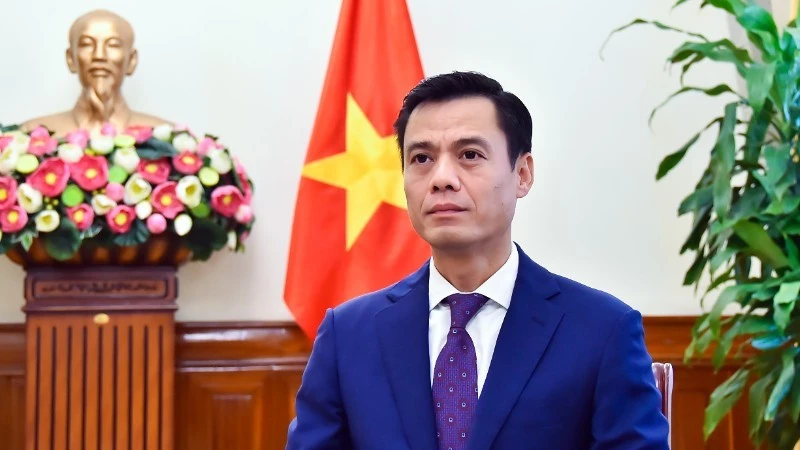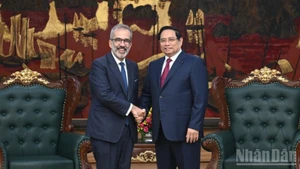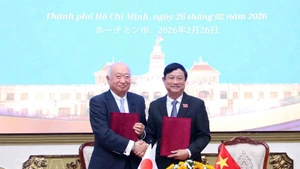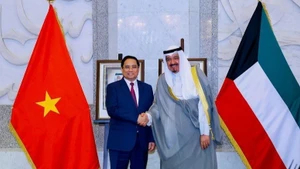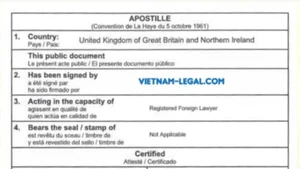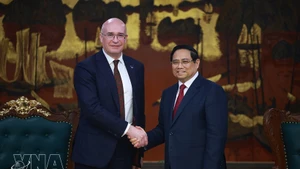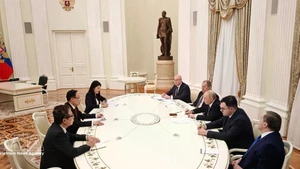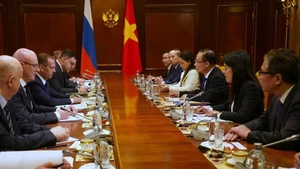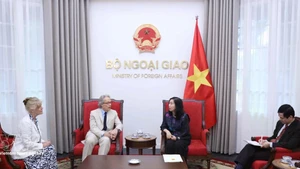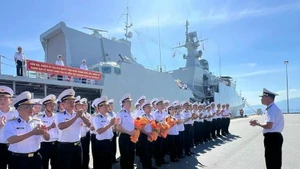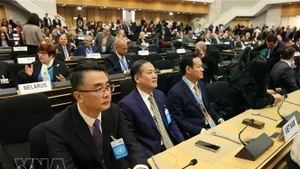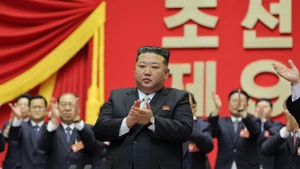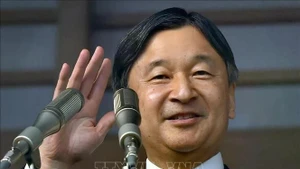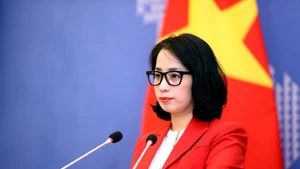During an interview recently granted to the press, Giang outlined Viet Nam’s agenda, saying that the summits offer a platform to reaffirm the country’s foreign policy of independence, self-reliance, multilateralisation and diversification, for the sake of peace and stability and an environment conducive to meeting strategic goals.
At the same time, Viet Nam will assert its pioneering role and responsible contributions within ASEAN by contributing to the overall success of this year’s summits, with the aim of further deepening and improving cooperation within ASEAN and between ASEAN and its partners, he said.
Giang affirmed Viet Nam’s support for Timor-Leste’s full ASEAN membership, pledging active assistance to integrate the nation into the bloc. During the summits, the Vietnamese delegation will engage in open and constructive discussions on global and regional issues of shared concern, uphold the values of dialogue, cooperation, and respect for law, while pushing for balanced and sustainable solutions that address common interests.
To advance the ASEAN Community Vision 2045, Viet Nam will put forward concrete directions for a resilient, dynamic, innovative, and people-centred ASEAN, he said, stressing the need to tap new growth drivers through frameworks such as the negotiation of the ASEAN Digital Economy Framework Agreement, the development of the ASEAN Power Grid, and the ASEAN Blue Economy and Circular Economy frameworks.
He noted that cooperation in education, health care, culture, labour, social welfare, and sub-regional development must deliver tangible benefits to citizens, businesses, and communities. These efforts, he said, should rolled out responsibly to ensure measurable outcomes.
According to him, Viet Nam will also show a leading role in cultivating ASEAN’s ties with external partners, reinforcing the bloc’s central role in the existing regional architecture. It aims to deepen trust, encourage constructive contributions from partners, and effectively pool external resources for cooperation in digital transformation, digital economy, and green economy.
As the coordinator for ASEAN–New Zealand relations, Viet Nam will drive efforts to elevate the partnership to a Comprehensive Strategic Partnership at the Commemorative Summit marking 50 years of ties this year. This upgrade aims to usher in a new phase of substantive collaboration, he said.
PM Chinh’s schedule includes bilateral meetings with leaders of ASEAN member states, partner countries, and international organisations. These discussions will focus on addressing regional challenges and proposing actionable ideas.
Giang reiterated that the working trip underscores ASEAN’s strategic importance in Viet Nam’s foreign policy and its consistent commitment to making proactive, positive, and responsible contributions to building a united, resilient, inclusive, and sustainable ASEAN Community.
Commenting on the summits’ broader significance, Giang described them as ASEAN’s most important and largest series of events for this year, which bring together leaders of ASEAN member states, Timor-Leste, partner countries, as well as the Secretary-General of the United Nations and heads of various global and regional organisations. The summits aim to translate the ASEAN Community Vision 2045 into action through practical programmes centred on people, businesses, and communities.
With the accession of Timor-Leste as the 11th member, ASEAN will expand its development space. This is not only a milestone in terms of geographical enlargement but also carries profound strategic significance, reflecting ASEAN’s vitality, attractiveness, and inclusiveness. Timor-Leste’s participation will bring new momentum to regional linkage and connectivity, promote integration, and strengthen the cohesion of the ASEAN Community.
The summits will also set new directions for ASEAN’s partnerships, moving beyond traditional trade and investment to include innovation, digital transformation, energy transition, climate action, and sustainable development. ASEAN and its partners are finalising key cooperation documents to lay the foundation for practical, effective and mutually beneficial collaboration, aiming for peace, stability, inclusive and sustainable development, he added.
